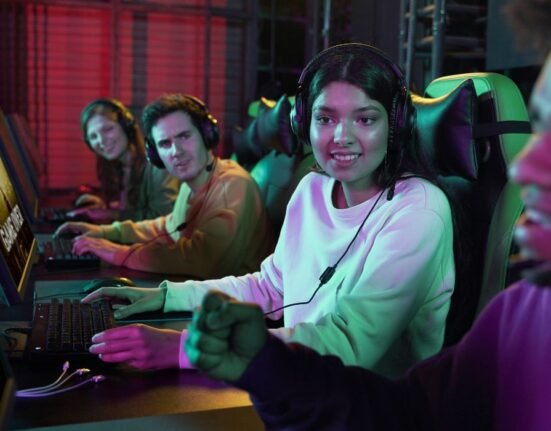Where “Chal na, kuch nahi hoga yaar!” is practically a national anthem, let’s talk about the timeless wisdom that has been passed down, generation to generation, on mental health and well-being. The formula is simple, universal, and utterly foolproof: “Dost-wost banao, khao piyo mast raho.” This is no ordinary philosophy, folks. This is the foundation of our belief system, an unbreakable shield, and the golden mantra to conquer stress, anxiety, and all those exotic “Western” conditions people keep talking about.
Picture the typical protagonist of this story: Mr. Mujhe-Kuch-Nahi-Hoga, a bona fide hero in his own right. He is the life of every party, the default counselor of the friend circle, and the unappointed physician for every mental hiccup within a 10-mile radius.
“Yaar, kya depression?” he chuckles, eyes twinkling with the kind of confidence you’d expect from a man who believes his mom’s homemade aloo paratha has powers that could probably cure world hunger, climate change, and, naturally, depression too. “Mujhe kuch nahi hoga, bas!”
The Philosophy of “Khao Piyo, Mast Raho”
If any friend dares to share a shred of vulnerability, Mr. Mujhe-Kuch-Nahi-Hoga has the arsenal ready. “Arre bhai, bas chill kar, dost-wost bana, khao-piyo aur zindagi jeeyo.” The cure to burnout? A plate of golgappas. Anxiety? Sorted with a round of chai and pakoras. The only thing he doesn’t recommend is “overthinking,” a crime so egregious it should probably have its own police task force.
Let’s be real – isn’t “chill kar” a solution that deserves a Nobel Prize? Why have researchers and mental health professionals been wasting their time and energy on complicated things like therapy, counselling, and medication when they could simply “chill kar” and move on?
No, Seriously. Kuch Nahi Hoga.
And let’s talk about the strength of this philosophy. Mr. Mujhe-Kuch-Nahi-Hoga is literally invincible. You’ll never find him pacing at 2 a.m., staring at the ceiling, and wondering if his life has any purpose. Self-doubt? Not a chance! Existential crisis? Only something he’d heard about in a Hollywood movie. His resilience is as solid as his ability to avoid vegetables – which is to say, it’s impenetrable.
Meanwhile, poor Aadarsh, the overthinker of the group, foolishly goes to the counselor and meditates. He takes time off to rest and then tries to explain why burnout is real. “Arre Aadarsh, life mein thoda maza kar na, chill out! Tension nahi lene ka, bhai!”
But Then Comes Life (Or Something Like It)
And then, one fine day, Mr. Mujhe-Kuch-Nahi-Hoga encounters… life. It doesn’t come with the signature Bollywood sound effect of doom, but it hits hard.
Maybe it starts as a little stress – some unpaid bills, a boss who loves to call at midnight, a slight pang of doubt. But he shrugs it off, until the “chill kar” philosophy stops holding up. Suddenly, the high-tech defence mechanism of “kuch nahi hoga” seems a bit less foolproof.
He decides to consult Google, because, obviously, the Internet has the answers. “What to do when feeling anxious?” The search results? Actual, legitimate mental health resources. Therapy! Self-care! Boundaries! He is offended. How dare they suggest these things? Have they never heard of chai?
The Realization – Therapy is Just… “Talking”?
Eventually, our hero finds himself in a therapist’s office, nervously sipping a glass of water. He still can’t believe he’s here, because talking about feelings seems redundant – especially when all he needs to do is chill and make new friends, right?
But as he starts talking, he realizes, maybe, just maybe, he’s been feeling things he couldn’t laugh off. There’s a silence, and he considers the possibility that being human, he’s not invincible after all.
A New Outlook
Fast forward to a year later. Mr. Mujhe-Kuch-Nahi-Hoga has rebranded. He still loves a good chai-pakora session, but now, he also respects the value of a good conversation, rest, and maybe even a bit of vulnerability. He laughs just as loudly, but now he also listens. He still says “chill kar,” but he means it in a way that doesn’t dismiss the idea of taking a mental health day.
And perhaps the ultimate satire is this: he’s still Mr. Mujhe-Kuch-Nahi-Hoga, just a more self-aware version.













Leave feedback about this